Search Fellows
Click on a Fellow below to view more information or create your own search.
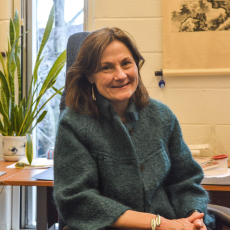
Marie Gottschalk
University of Pennsylvania
Visiting Scholar
2001 to 2002
Marie Gottschalk, assistant professor of political science at the University of Pennsylvania, will study the political factors behind the increase in mass imprisonment in the United States. While the incarceration rate in the United States remained remarkably stable for much of the twentieth century, it took a sharp upward turn in 1973, and it has increased by about 500 percent since then. Penal policies have also become far more restrictive, with punishment rather than rehabilitation as the stated goal.
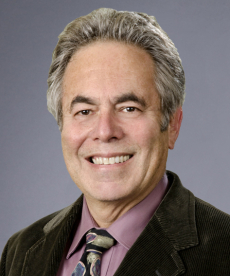
Peter Gourevitch
University of California, San Diego
Visiting Scholar
2005 to 2006
Peter Gourevitch, Professor of Political Science at the University of California, San Diego, will write a book examining the differing levels of managerial oversight employed by institutional investors in four different countries. He will explore the incentives these financial institutions have to monitor managers and the political structures under which they operate. He will examine debates over minority shareholder protection, and the ways in which ideology, interest groups, and politics influence shareholder rights policies.
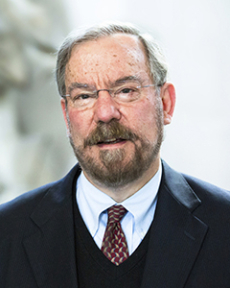
Peter A. Hall
Harvard University
Visiting Scholar
2018 to 2019
Hall will study growth regimes, or the social and economic policies implemented by governments that, in combination with the strategies deployed by firms, are used to foster economic growth. He will use cross-national electoral data and historical case studies to examine how different growth regimes in the United States and the other developed democracies arise and to explain why they have changed from the 1950s to present day.
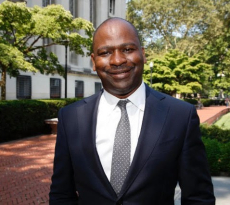
Fredrick C. Harris
University of Rochester
Visiting Scholar
1998 to 1999
Frederik C. Harris, assistant professor of political science at the University of Rochester, will compare strategies of collective action among non-white populations in the United States, Britain, and South Africa. Although these democratic societies share a history of racial exclusion, their minority populations have differed in how they employ racial solidarity and a shared sense of deprived status as a resource and political instrument to challenge socioeconomic inequities.
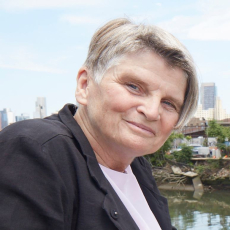
Victoria C. Hattam
The New School
Visiting Scholar
1997 to 1998
Victoria C. Hattam, associate professor and chair of the department of political science at the New School for Social Research, studied the emergence and growth of racism within organized labor in the late nineteenth century. Hattam focused on the American Federation of Labor's profound shift from biracial union organizing in the postbellum era to the adoption of its policies of racial exclusion by the turn of the century.
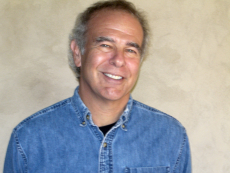
Jeffrey R. Henig
George Washington University
Visiting Scholar
2000 to 2001
Jeffrey R. Henig, professor of political science at George Washington University, will study the charter school movement as a case study of how for-profit and non-profit enterprises are taking on responsibilities formerly assigned to government. Charter schools blur the borders between public and private, but most of the thinking behind charter schools adopts a market model, assuming that charter schools will act like responsive commercial enterprises competing for customers.
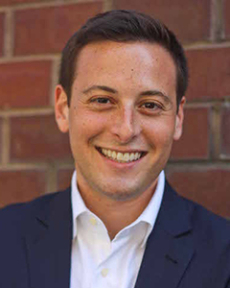
Alexander Hertel-Fernandez
Columbia University
Visiting Scholar
2019 to 2020
Hertel-Fernandez will explore the consequences of right-to-work laws and other anti-union legislation passed in several states in recent decades. He will also draw from original surveys and field experiments to evaluate new strategies that unions might be able to implement to attract new members and regain clout given shifts in the economy and political climate.
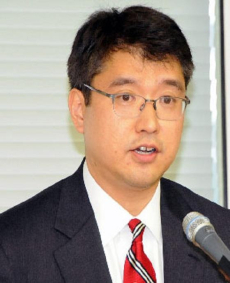
Shigeo Hirano
Columbia University
Visiting Scholar
2013 to 2014
Hirano will write a series of articles that examines how political reforms designed to insulate city workers from political forces by professionalizing the civil service and the city manager system have improved the performance of local governments. Using a rich original database that includes information on large and medium sized cities during the first half of the twentieth century, Hirano will examine whether the professionalization of city bureaucrats had any impact on government performance.
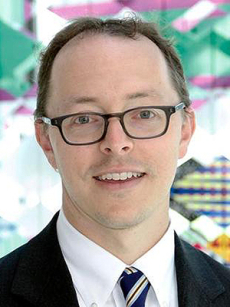
Daniel Hopkins
University of Pennsylvania
Visiting Scholar
2021 to 2022
Hopkins will examine how racial issues have become so prominent in American political and public discourse in recent decades and how this shift has affected whites’ political opinions and behavior. He will measure how different sources of public discourse, including newspapers, television transcripts, press releases, and presidential speeches, have addressed and exacerbated racialized issues and events. He will examine the hypothesis that social media fosters increased attention to racialized issues and events.
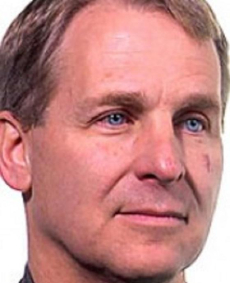
John D. Huber
Columbia University
Visiting Scholar
2009 to 2010
John D. Huber, professor of political science at Columbia University, will write a book on how low- and middle-income voters create electoral coalitions favoring progressive social policies. Huber’s study will employ a comparative cross-cultural analysis to examine how social and political factors such as wedge issues, political polarization, religion and racial and ethnic diversity divide low-income and middle class voters.
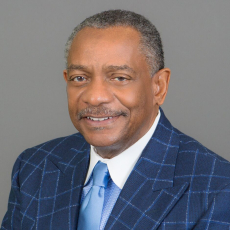
James H. Johnson, Jr.
University of North Carolina, Chapel Hill
Visiting Scholar
2002 to 2003
James Johnson, associate professor of political science at the University of Rochester, and Jack Knight, the Sidney W. Souers Professor of Government in Arts and Sciences at Washington University in St. Louis, will examine the challenges that models of political institutions pose to democratic theorists. Their research will show that the results of these models, primarily from game theory, do not represent so dire a threat to democratic commitments as commonly is supposed.
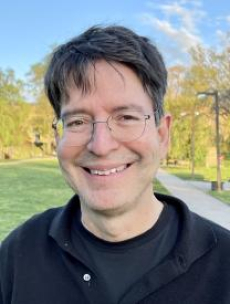
Michael Jones-Correa
Harvard University
Visiting Scholar
1998 to 1999
Michael Jones-Correa, assistant professor in the department of government at Harvard University, will examine how the cities of Los Angeles, New York, Miami, and Washington, D.C., each responded to recent civil disturbances arising from tensions between African-Americans and recent immigrants. In the aftermath of unrest, a variety of new community initiatives arose from both the public and private sectors to address inequities and to attempt to build bridges between ethnic and racial groups.
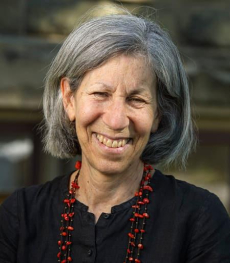
Mary Fainsod Katzenstein
Cornell University
Visiting Scholar
2001 to 2002
Mary Fainsod Katzenstein, professor of government at Cornell University, is preparing a book on federal policy and its impact on the growth of prisons. Katzenstein will study federal policies across legislative, judicial, and executive arenas and examine three significant issues: the weakening of voting rights for ex-felons, mandatory drug sentencing, and the withdrawal of funding for prison education.
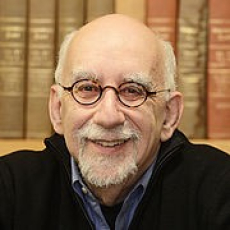
Ira Katznelson
Columbia University
Visiting Scholar
2004 to 2005
Ira Katznelson, Ruggles Professor of Political Science and History at Columbia University, John Lapinski, Assistant Professor of Political Science at Yale University, and Rose Razaghian, Assistant Professor of Political Science at Yale University, form a working group that will examine the entire history of Congressional roll call votes to study how the type of policy at stake in legislative debate determines political relationships and outcomes.
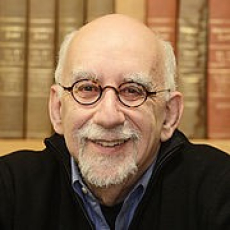
Ira Katznelson
Columbia University
Margaret Olivia Sage Scholar
Ira Katznelson is Ruggles Professor of Political Science and History at Columbia University. He is the former chair of the RSF Board of Trustees and co-editor of the RSF book Preferences and Situations (2007). He is president of the Social Science Research Council and has also served as president of the American Political Science Association and president of the Social Science History Association.
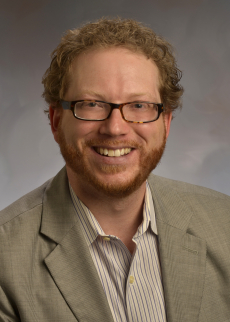
Nathan Kelly
University of Tennessee
Visiting Scholar
2017 to 2018
Kelly will complete a book on the relationship between political and economic inequality, focusing on how high levels of economic inequality can produce an “inequality trap,” or a cycle in which economic inequality reinforces itself by changing how the political system functions. He will analyze how factors such as political deadlock in Congress, election outcomes, and public opinion contribute to this feedback loop.
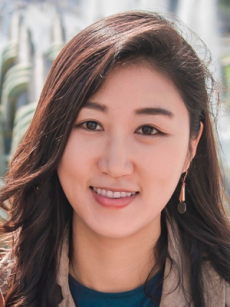
Eunji Kim
Columbia University
Visiting Scholar
2023 to 2024
Kim will examine the relationship between media exposure and mass attitudes toward policing. She will draw on survey data, Nielsen ratings data, and experiments to investigate the extent to which widespread exposure to popular police procedural TV shows, ranging from Blue Bloods to Chicago P.D, promotes favorable attitudes toward the police and excessive use of force.
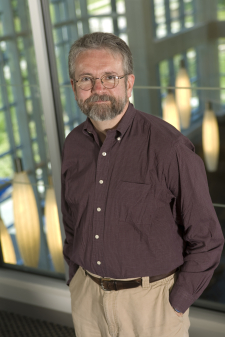
Jack Knight
Washington University in St. Louis
Visiting Scholar
2002 to 2003
Jack Knight, the Sidney W. Souers Professor of Government in Arts and Sciences at Washington University in St. Louis, and James Johnson, associate professor of political science at the University of Rochester, will examine the challenges that models of political institutions pose to democratic theorists. Their research will show that the results of these models, primarily from game theory, do not represent so dire a threat to democratic commitments as commonly is supposed.
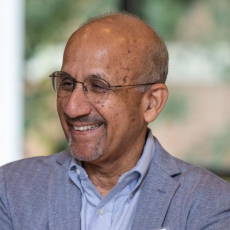
Atul Kohli
Princeton University
Visiting Scholar
1996 to 1997
Atul Kohli, professor of politics and international affairs at the Woodrow Wilson School of Public and International Affairs, Princeton University, partially completed a book comparing the role of the state in promoting industrialization in four developing countries, South Korea, Brazil, India, and Nigeria. He wrote an essay based on this work for the journal World Development and also edited two volumes, one on the state and ethnic conflict in India and the other on the role of the state in managing security problems.
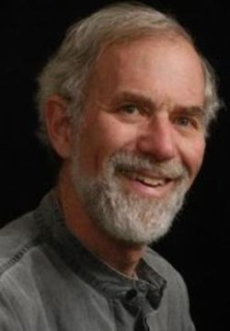
David D. Laitin
Stanford University
Visiting Scholar
2003 to 2004
David D. Laitin, professor of political science at Stanford University, will pursue two projects: a book on the causes of civil war, and a study of integration and trust among Russian-speaking immigrants. Laitin has completed a statistical and formal analysis of the causes of civil war, and while at the Foundation he will mine this data to develop a more complete picture of what led to war in 20 randomly selected countries. Laitin will also work on an ethnography exploring issues of trust in Russian immigrant communities in the Baltics, Brooklyn, and Israel.
